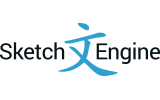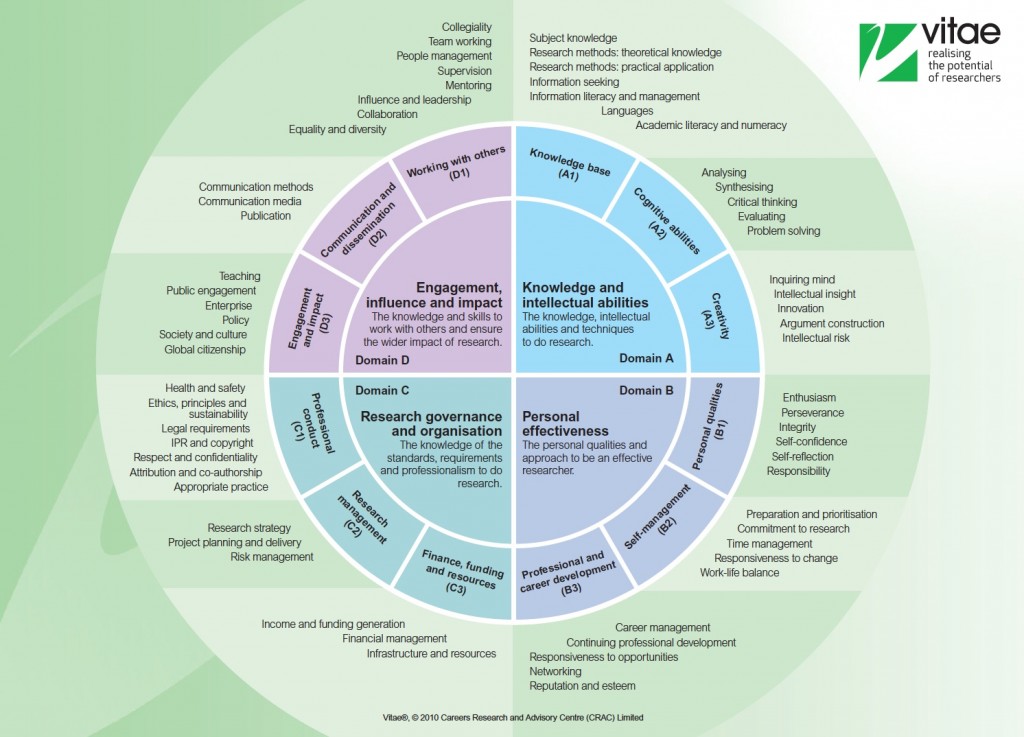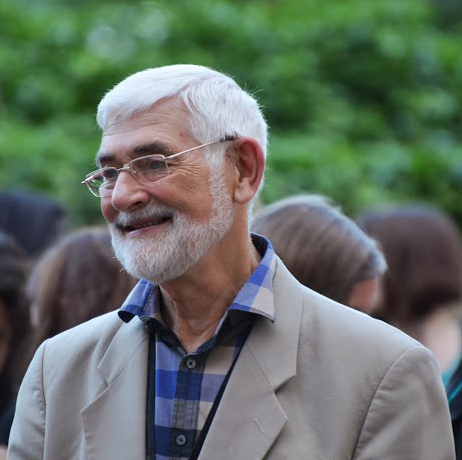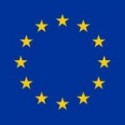Sketch Engine online CQL manual/tutorial here.
Category: research
The Vitae Researcher Development Framework
The RDF identifies the knowledge, behaviour and attributes of successful researchers. It can help individuals maximise their potential and get the most out of their career.
overview of the RDF & the full RDF
Using exploratory factor analysis in educational research
Beavers, A. S., Lounsbury, J. W., Richards, J. K., Huck, S. W., Skolits, G. J., & Esquivel, S. L. (2013). Practical considerations for using exploratory factor analysis in educational research. Practical assessment, research & evaluation,18(6), 1-13.
Corpus Linguistics 2015: @UCREL_Lancaster registration open
Corpus Linguistics 2015: In honour of the life and work of Geoffrey Leech
The eighth international Corpus Linguistics conference (CL2015) will be held at Lancaster University from Tuesday 21st July 2015 to Friday 24th July 2015. The main conference will be preceded by a workshop day on Monday 20th July.
This series of conferences began in 2001 with an event celebrating the career of Professor Geoffrey Leech, on the occasion of his retirement. In August of 2014, we reported with great sadness Geoff’s sudden death.
By dedicating this eighth conference in the Corpus Linguistics series once again to a celebration of Geoff’s life, his career, and his truly remarkable influence on the field, we once more pay tribute to, and commemorate, a remarkable intellect and a sorely-missed colleague and friend.
Conference themes and topics
The goals of the conference are:
. To gather together current and developing research in the study and application of corpus linguistics; . To push the field forwards by promoting dialogue among the many different users of corpora across interconnected sub-disciplines of linguistics – be they descriptive, theoretical, applied or computational; . To explore new challenges both within corpus linguistics, and in the extension of corpus approaches to new fields of study.
CL2015 will have three thematic streams and a general programme.
Stream A: A tribute to Geoffrey Leech
For this stream we invite contributions using corpus methods in any of the branches of linguistics with which Geoffrey Leech’s research was especially closely associated, namely:
. Pragmatics
. Stylistics
. Description of English grammar and grammatical change . Grammatical annotation of corpus texts
Stream B: Discourse, Politics and Society
For this stream we invite contributions in the following areas:
. The use of corpora in discourse analysis . Corpus approaches to the study of new media . Applications of corpus approaches in the social sciences and humanities
Stream C: Language learning and teaching
For this stream we invite contributions in the following areas:
. Learner corpus research
. Corpus-based work in English language teaching, including ESP and EAP . Use of corpora in second language acquisition studies . Data-driven learning . Development of learner materials
General Programme
For the general programme, we invite contributions on as broad and inclusive a basis as possible. The areas in which we particularly welcome submissions include but are not limited to:
. Corpus methodology:
o Critical explorations of existing measures and methods in corpus linguistics; o New methods and techniques in corpus development, annotation and analysis; o New tools and techniques developed in corpus-based computational linguistics; o Advances in quantitative techniques.
. Theoretical corpus linguistics:
o The interface between corpus and linguistic theory; o Syntax, morphology, semantics; o Psycholinguistic and cognitive explorations; o Multi-lingual comparative and contrastive analysis; o Historical linguistics.
. Lexis and lexicon:
o Lexicography;
o Collocation and meaning in context.
. Sociolinguistics, language variation and applied linguistics:
o Regional and social variation in language; o Code-switching and bilingualism; o Forensic linguistics; o Genre, register and textual variation.
Plenary speakers
We are delighted to announce that the following speakers have accepted our invitation to give plenary lectures at CL2015:
. Douglas Biber (Northern Arizona University, USA) . Sylviane Granger (Université catholique de Louvain, Belgium) . Michaela Mahlberg (University of Nottingham, UK) . Alan Partington (Università di Bologna, Italy)
Call for pre-conference workshops
As noted above, CL2015 will include a workshop day on Monday 20th July 2015. We hereby issue a call for workshop proposals on any theme relevant to the conference.
“Workshops” may take two main forms.
The first type is the colloquium-style workshop, which operates as a mini-conference with its own programme committee and call for papers to be presented: proposals for this type of workshop should specify the scope of the workshop, who its organisers will be, and whether the creation of workshop proceedings is envisaged. Proposals should also provide an initial version of the text of the call for papers.
The other main type of workshop is a practical or applied workshop providing a demonstration of or training in some particular corpus linguistic technique or piece of software. In this case the proposal must explain the content of the workshop, provide an initial version of the text of a call for participation, and give an indication of the workshop’s IT requirements, if any.
We are also happy to consider innovative forms of workshop intermediate between colloquium-style workshop and practical workshop.
All proposals must in addition specify the proposed running time. Our timetable allows for the following lengths of workshop:
. Full-day workshop – up to 7 hours (plus lunch/breaks) . Half-day workshop – up to 3.5 hours (plus break) . Short workshop – up to 2 hours (single session)
There is no fixed format for workshop proposals, as long as they include all the details specified above. Proposals should be sent by email to Andrew Hardie by 15th December. We are happy to respond to informal expressions of interest in advance of formal submission of a proposal.
Call for papers, posters and panels
We invite submission of abstracts for papers, posters and panels on any topic relevant to the conference themes.
For this conference, we are requesting extended abstracts (750-1500 words), as we do not plan to produce a volume of conference proceedings. All abstracts will be peer-reviewed by the conference programme committee.
Paper presentations will consist of a 20 minute talk followed by 10 minutes for questions and discussion. Please note: paper submissions should present either complete research, or research in progress where at least some substantial results have been achieved. Work in progress which has yet to produce results can instead be submitted as a poster abstract.
Submissions for panel discussions should take the form of a single 1500 word abstract on behalf of all speakers to be on the panel. The abstract should include a note to specify whether the panel is intended to be 1 hour or 1.5 hours in length.
Submissions for poster presentations should be shorter (400-750 words). We especially welcome poster abstracts that (a) report on innovative research that is in its very earliest phases (b) report on new software or corpus data resources.
We especially encourage abstract submissions from early-career researchers, including postgraduate research students and postdoctoral researchers.
All abstracts must be submitted via the conference website; the submission system is now live (see http://ucrel.lancs.ac.uk/cl2015/call.php ). Details on how to submit an abstract to a specific conference stream are available on the website.
Key dates
. End October 2014 – call for papers; call for proposals for pre-conference workshops .
7th January 2015 – deadline for abstract submission .
16th January 2015 – earlybird registration opens .
24th January 2015 – all abstract review outcomes will be returned by this date .
30th March 2015 – end of earlybird registration (rates rise) .
21st June 2015 – end of main registration (late registration not guaranteed, though we’ll try) .
21st June 2015 – final deadline for cancellation with refund of registration fees .
20th July 2015 – pre-conference workshop day .
21st July to 24th July 2015 – main conference
General information
For information on registration, accommodation travel etc., see the conference website: http://ucrel.lancs.ac.uk/cl2015 ; email: cl2015@lancaster.ac.uk
The conference is hosted by the UCREL research centre (http://ucrel.lancs.ac.uk), which brings together the Department of Linguistics and English Language (http://www.ling.lancs.ac.uk/) with the School of Computing and Communications (http://www.scc.lancs.ac.uk/).
Local organising committee of CL 2015: Andrew Hardie (chair), Tony McEnery, Paul Rayson.
@eu_commission Assessing the Research Management Performance
A taxonomy of learner searches in DDL
Authors: Pérez-Paredes, Pascual; Sánchez-Tornel, María; Calero, Jose M. Alcaraz
Source: International Journal of Corpus Linguistics, Volume 17, Number 4, 2012, pp. 482-515(34)
Publisher: John Benjamins Publishing Company
Abstract:
Our research explores the search behaviour of EFL learners (n=24) by tracking their interaction with corpus-based materials during focus-on-form activities (Observe, Search the corpus, Rewriting). One set of learners made no use of web services other than the BNC during the central Search the corpus activity while the other set resorted to other web services and/or consultation guidelines. The performance of the second group was higher, the learners’ formulation of corpus queries on the BNC was unsophisticated and the students tended to use the BNC search interface to a great extent in the same way as they used Google or similar services. Our findings suggest that careful consideration should be given to the cognitive aspects concerning the initiation of corpus searches, the role of computer search interfaces, as well as the implementation of corpus-based language learning. Our study offers a taxonomy of learner searches that may be of interest in future research.





